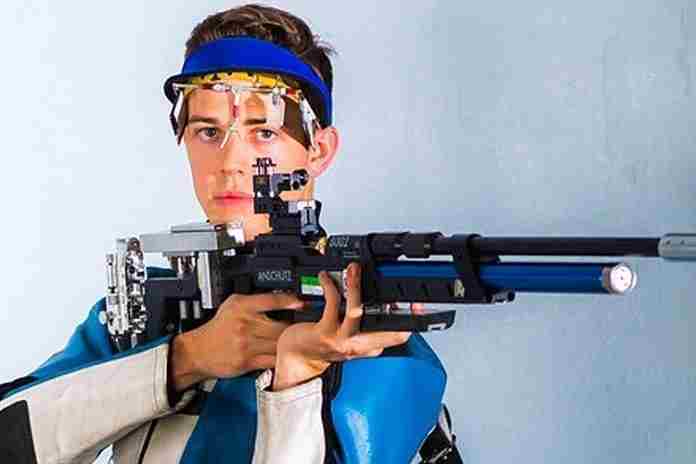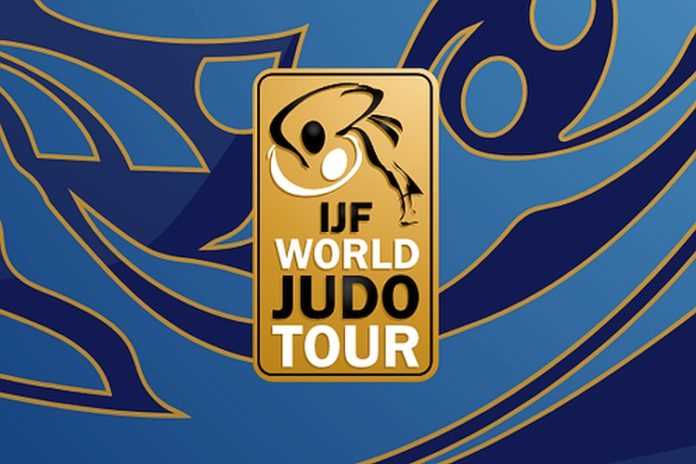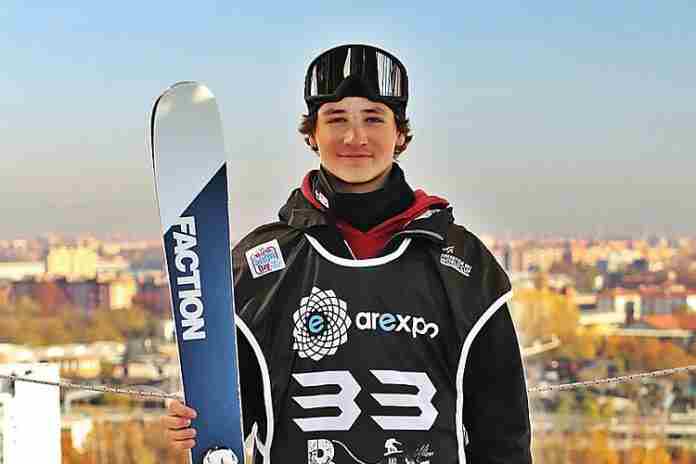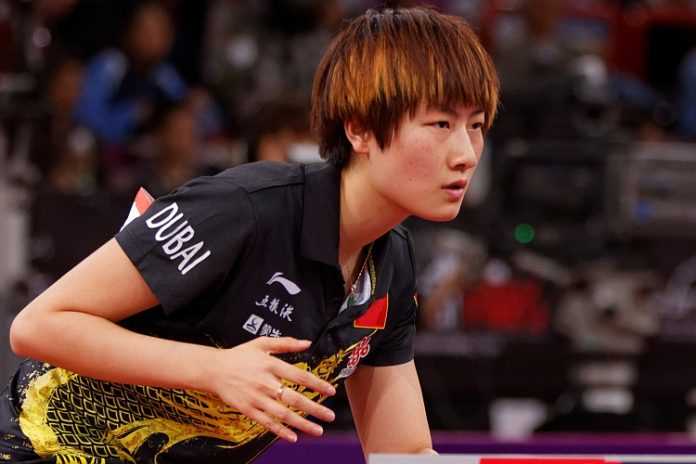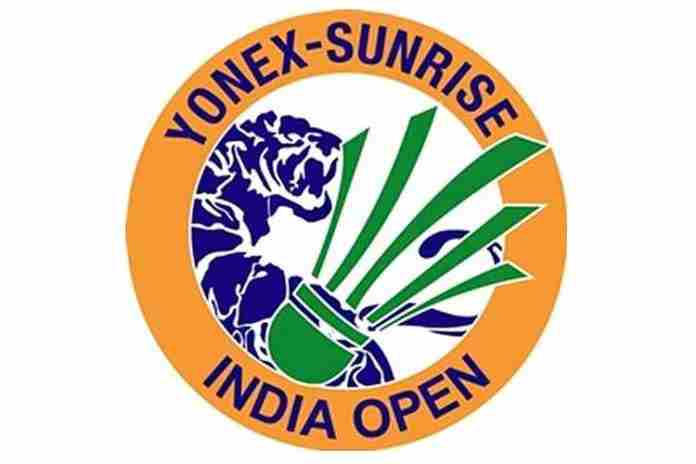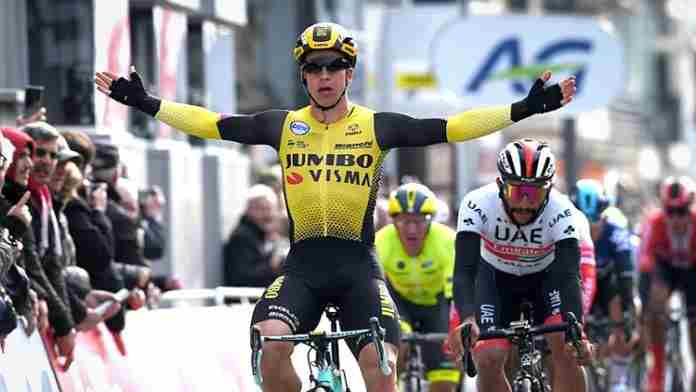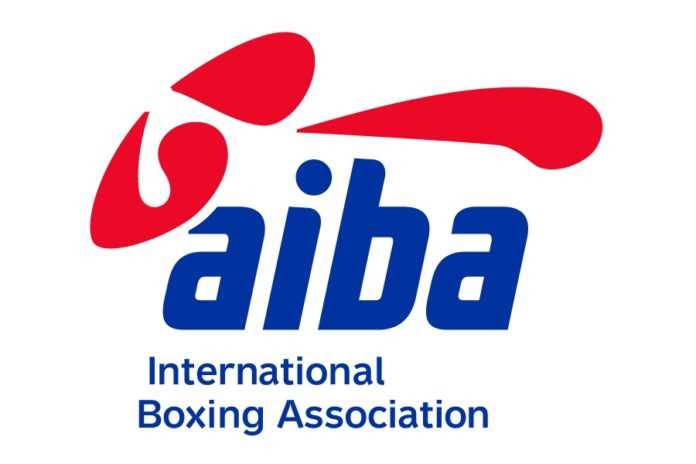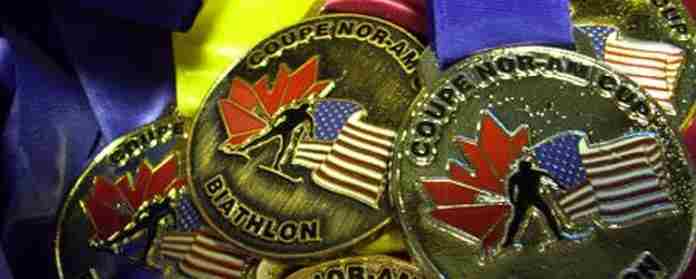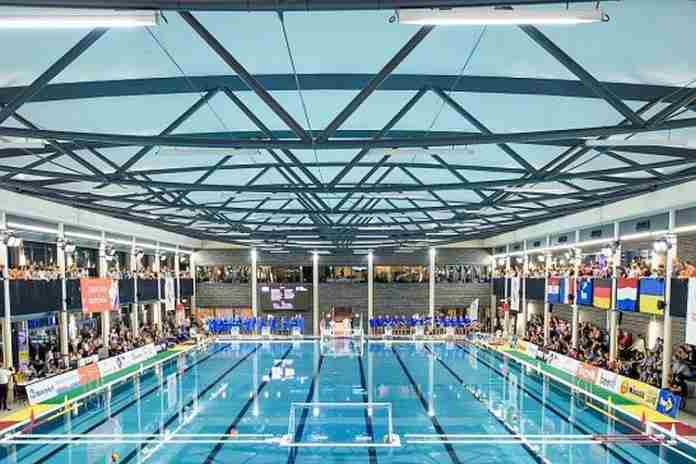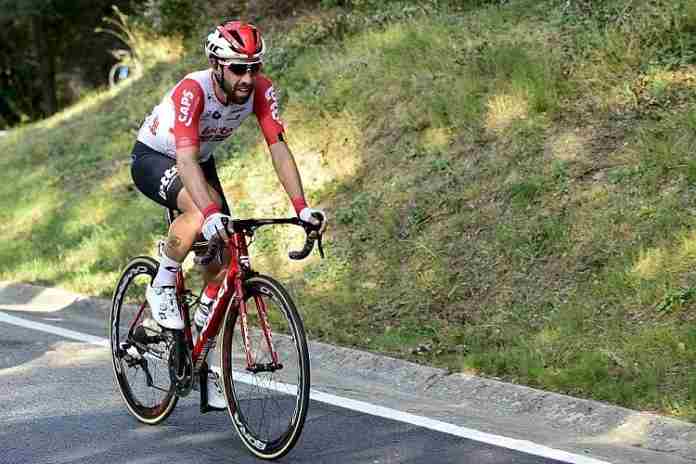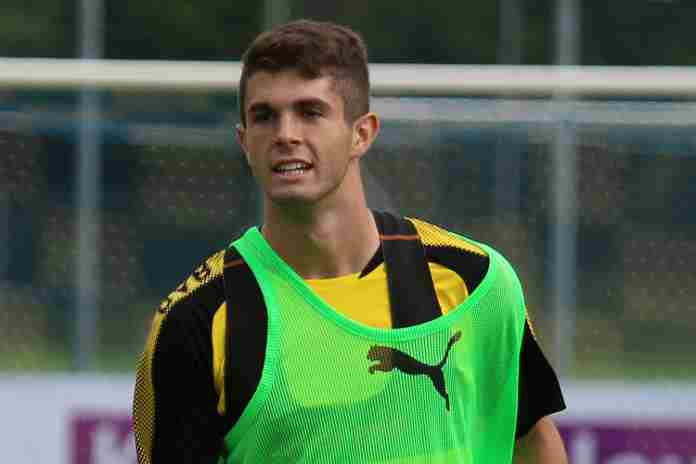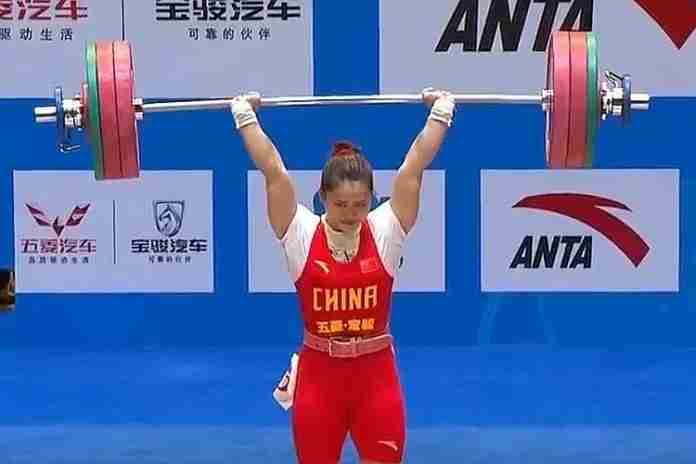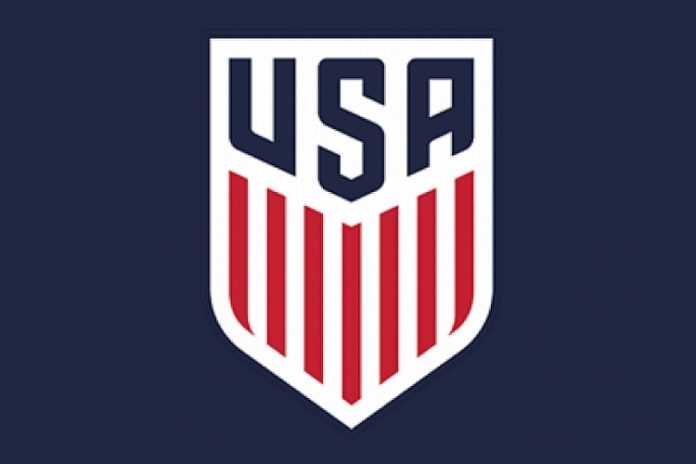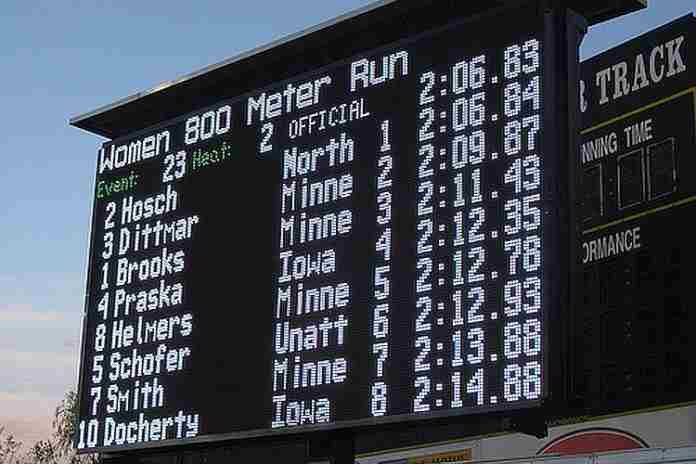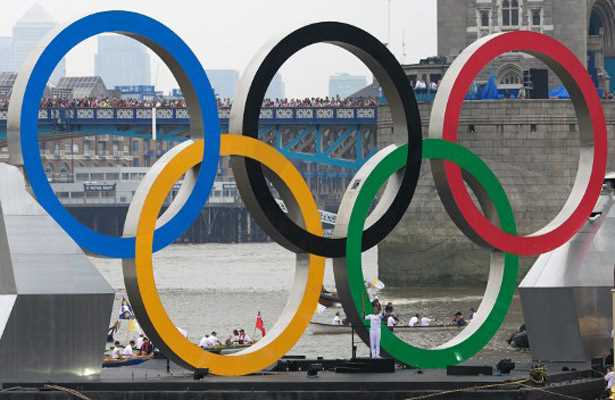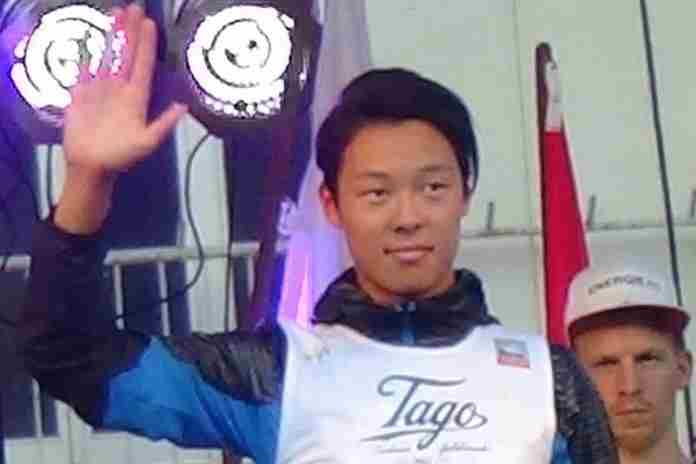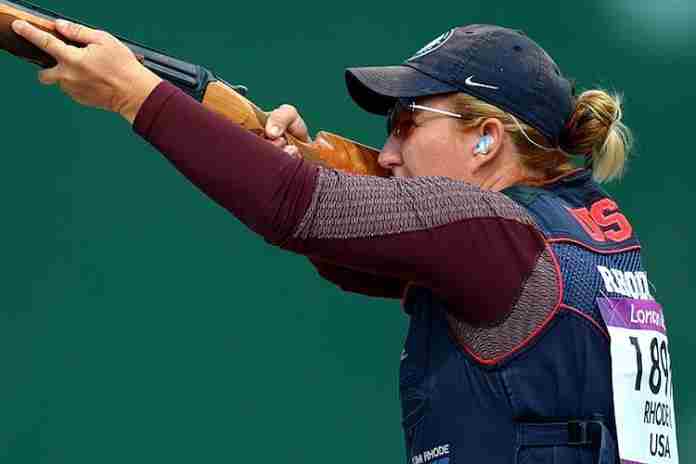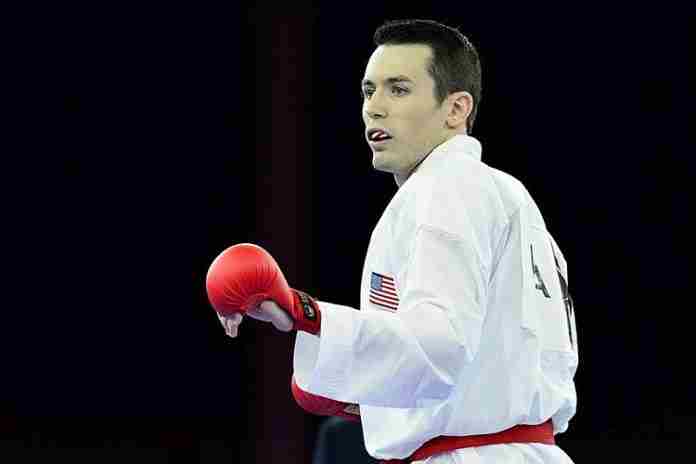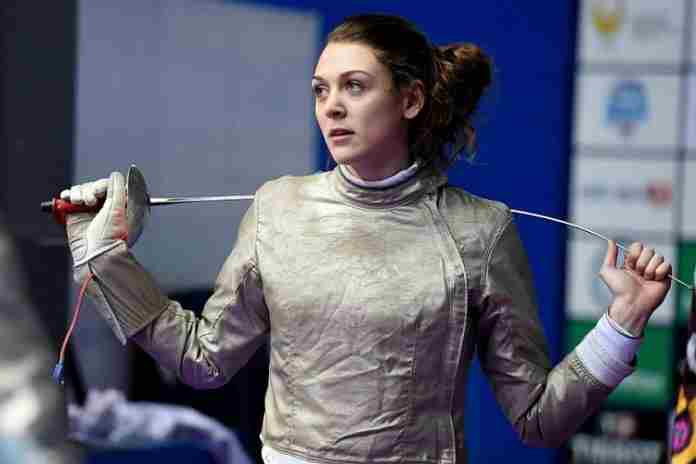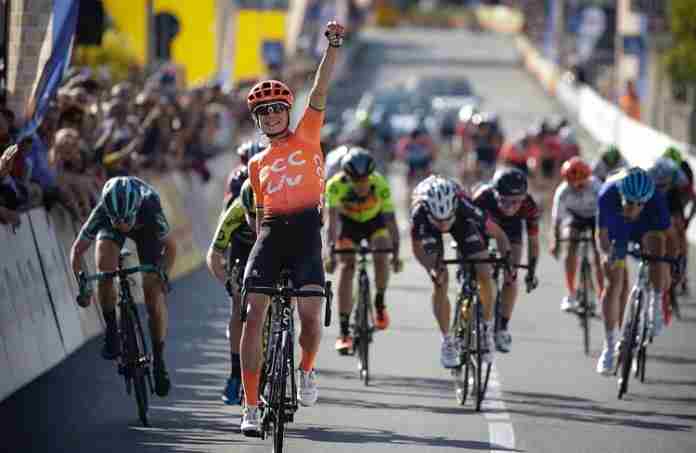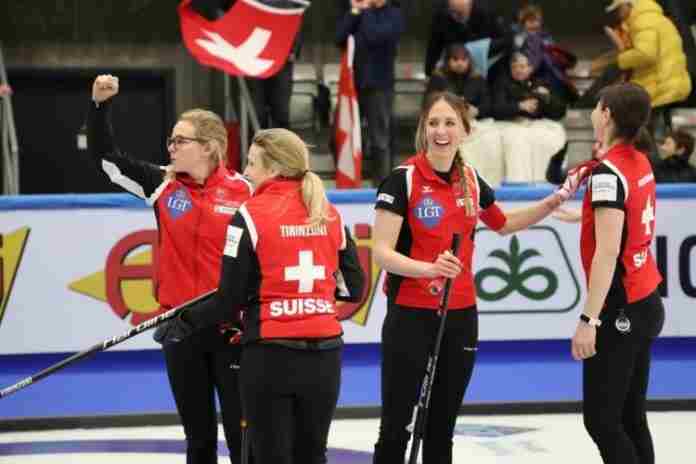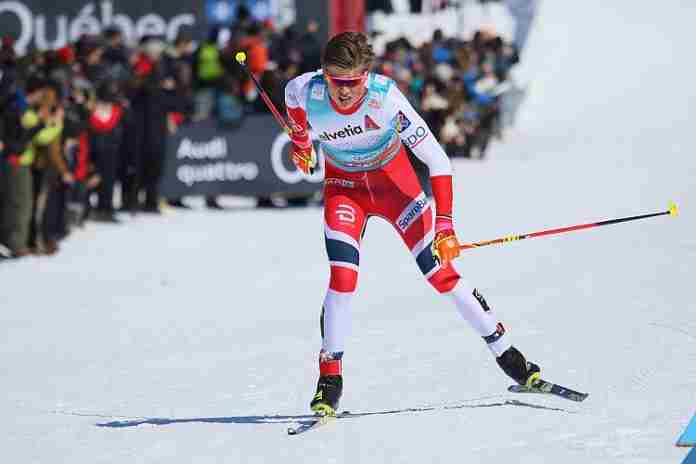A tense six days of shooting at the U.S. Army Marksmanship Center at Ft. Benning, Georgia selected a formidable U.S. team for the pistol and rifle events at the USA Shooting Spring Selection matches.
Separate events were held to select the Pan American Games team to compete in Lima (PER) this summer, and for the prestigious ISSF World Cups in Beijing (CHN) and Munich (GER), except for the 50 m Rifle/3 Positions events, which used the same results.
Among the men, Keith Sanderson swept the 25 m Rapid-Fire Pistol events and Tim Sherry took both 10 m Air Rifle wins. Former Bulgarian national-team member Miglena Todorova, now eligible to compete for the U.S., won both of the 10 m Air Pistol events, and Alison Weisz won both of the 10 m Air Rifle contests.
The U.S. will send a formidable team to Lima and the American squad – barring injury – will include four prior Pan American Games medal winners:
● Michael McPhail: 2015 50 m Rifle/Prone silver; 2011 50 m Rifle/Prone gold; 2007 50 m Rifle/Prone silver.
● Keith Sanderson: 2007 25 m Rapid-Fire Pistol silver.
● Sarah Beard: 2011 50 m Rifle/3 Positions bronze.
● Sandra Uptagrafft: 2011 25 m Pistol silver; 2007 25 m Pistol gold; 2003 25 m Pistol gold.
The amazing Uptagrafft will be 48 by the time of the PanAm Games; Sanderson will be 44; McPhail, 37 and Beard, 28.
(The 50 m Rifle/Prone event will not be held in Lima, but the others are still on the program.)
The U.S. squad will also include 2016 Olympic champion Ginny Thrasher in the 50 m Rifle/3 Positions event; Thrasher won in Rio in the 10 m Air Rifle, but didn’t qualify in that event.
Summaries from Ft. Benning:
USA Shooting Rifle/Pistol Spring Selection
Ft. Benning, Georgia (USA) ~ 25-30 March 2019
(Full results links here)
Men
10 Air Pistol/Pan Am Selection: 1. Nick Mowrer, 1,149.5; 2. James Hall, 1,149.5 (Shoot-off: Mowrer 21.1, Hall 19.3); 3. Jay Shi, 1,148.0; 4. Hunter Battig, 1,144.5; 5. Richard Gray, 1,137.0.
10 m Air Pistol/World Cup Selection: 1. Hall, 1,157; 2. Mowrer, 1,155; 3. Battig, 1,152; 4. Shi, 1,152 (Shoot-off: Battig 19.9, Shi 18.3); 5. Gray, 1,139.
25 m Rapid-Fire Pistol/Pan Am Selection: 1. Keith Sanderson, 1,164.5; 2. Henry Leverett, 1,145.5; 3. Jack Leverett III, 1,133.5; 4. Brian Kim, 1,119.5; 5. Anatoly Pikman, 1,116.5.
25 m Rapid-Fire Pistol/World Cup Selection: 1. Sanderson, 1,168; 2. H. Leverett, 1,149; 3. J. Leverett III, 1,135; 4. Kim, 1,119; 5. Pikman, 1,118.
10 m Air Rifle/Pan Am Selection: 1. Tim Sherry, 1,260.0; 2. Lucas Kozeniesky, 1,258.5; 3. Dempster Christianson, 1,255.4; 4. Matthew Rawlings, 1,254.6; 5. Bill Shaner, 1,250.4.
10 m Air Rifle/World Cup Selection: 1. Sherry, 2,508.5; 2. Christenson, 2,503.1; 3. Rawlings, 2,499.8; 4. George Norton, 2,497.8; 5. Kozeniesky, 2,497.6.
50 m Rifle-3 Positions/Pan Am Selection: 1. Michael McPhail, 2,357; 2. Sherry, 2,351; 3. Mowrer, 2,347; 4. Matthew Sanchez, 2,340; 5. Christenson, 2,335. (World Cup Selection used the same results.)
Women
10 m Air Pistol/Pan Am Selection: 1. Miglena Todorova, 1,142.5; 2. Nathalia Tobar, 1,139.5; 3. Sandra Uptagrafft, 1,138.5; 4. Helen Oh, 1,138.5 (Shoot-off: Tobar 19.7, Uptagrafft 19.5); 5. Lexi Lagan, 1,137.5.
10 m Air Pistol/World Cup Selection: 1. Todorova, 1,146; 2. Lagan, 1,145; 3. Tobar, 1,145 (Shoot-off: Lagan 19.5, Tobar 19.3); 4. Uptagrafft, 1,144; 5. Oh, 1,144 (Shoot-off: Uptagrafft 18.4, Oh, 18.2).
25 m Pistol/Pan Am Selection: 1. Lagan, 1,159.5; 2. Uptagrafft, 1,158.0; 3. Kaitlyn Abeln, 1,141.5; 4. Tobar, 1,134.0; 5. Kellie Foster, 1,131.5.
25 m Pistol/World Cup Selection: 1. Uptagrafft, 1,166; 2. Lagan, 1,165; 3. Abeln, 1,147; 4. Tobar, 1,137; 5. Foster, 1,136,
10 m Air Rifle/Pan Am Selection: 1. Alison Weisz, 1,257.8; 2. Minden Miles, 1,254.4; 3. Rosemary Kramer, 1,252.2; 4. Emily Stith, 1,250.3; 5. Hailee Sigmon, 1,249.0.
10 m Air Rifle/World Cup Selection: 1. Weisz, 2,517.7; 2. Miles, 2,502.5; 3. Ginny Thrasher, 2,500.3; 4. Stith, 2,498.6; 5. Mary Tucker, 2,497.3.
50 m Rifle-3 Positions/Pan Am Selection: 1. Sarah Beard, 2,347; 2. Thrasher, 2,340; 3. Katie Zaun, 2,321; 4. Elizabeth Marsh, 2,313; 5. Rachel Garner, 2,312. (World Cup Selection used the same results.)























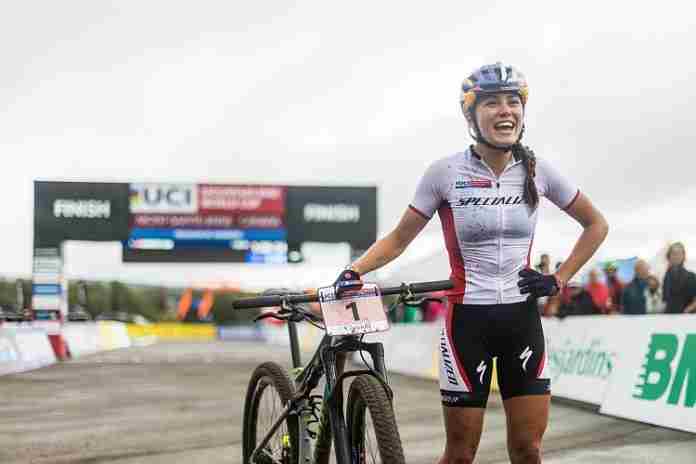
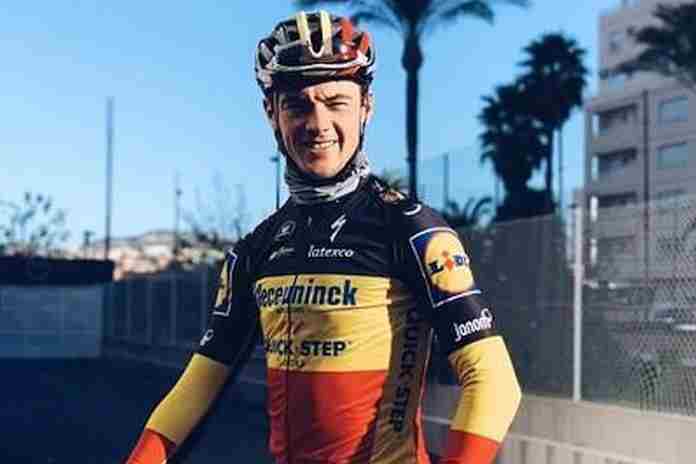
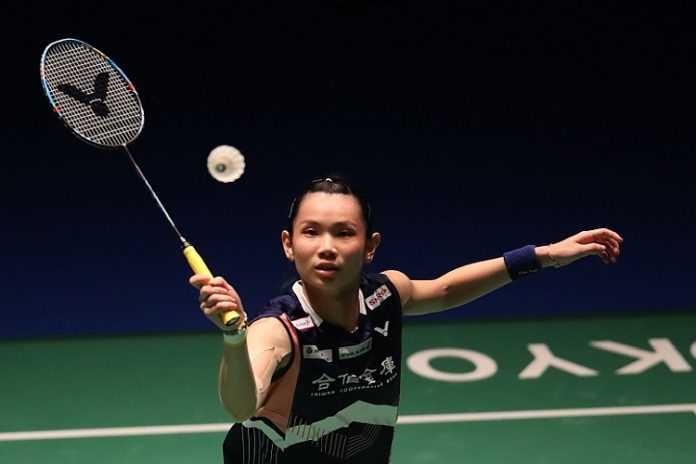


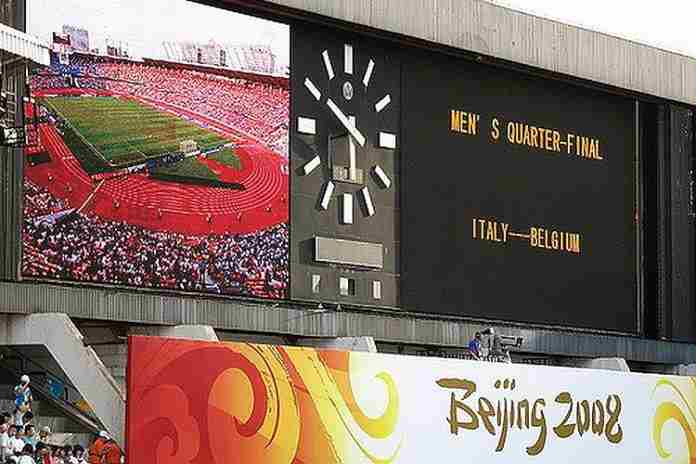
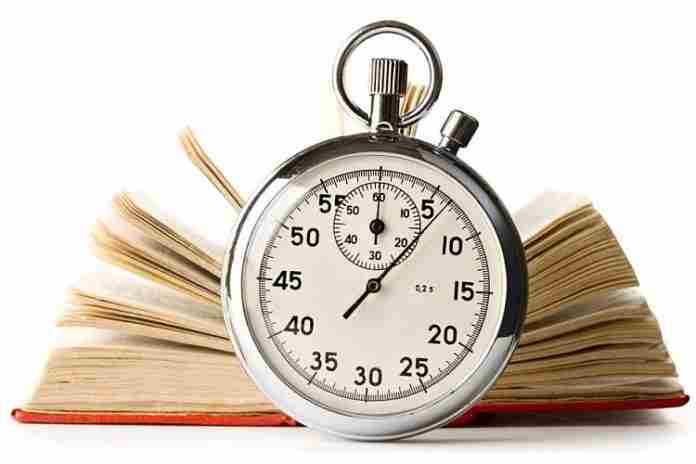
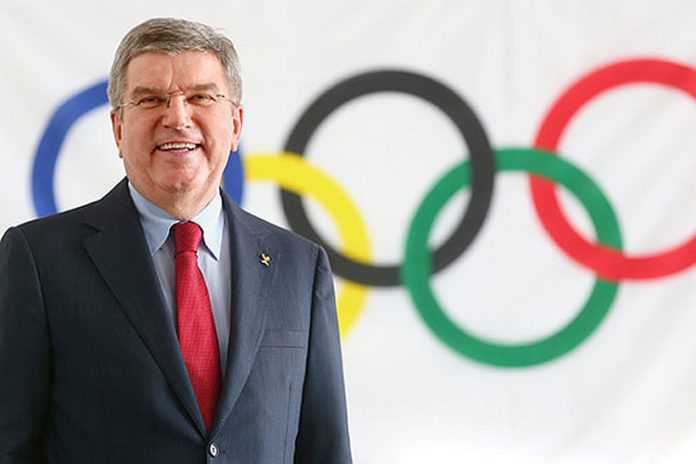
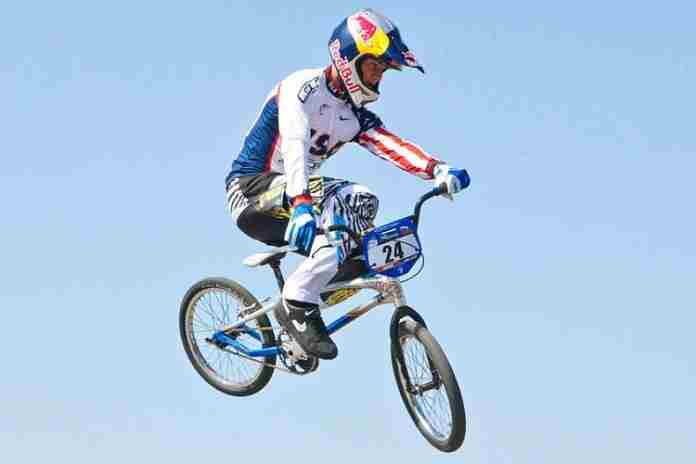
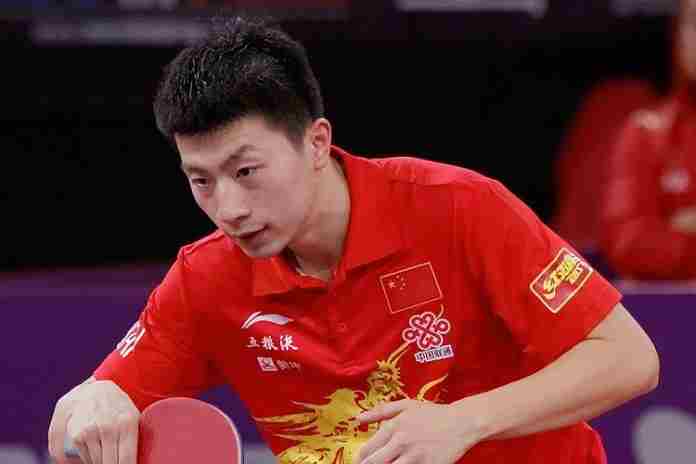
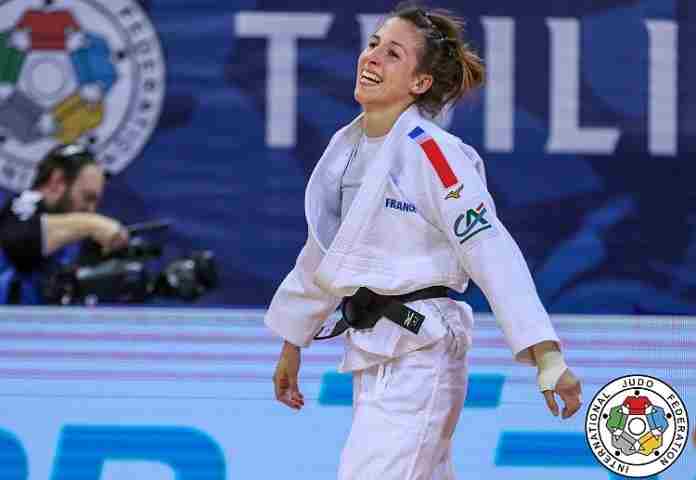

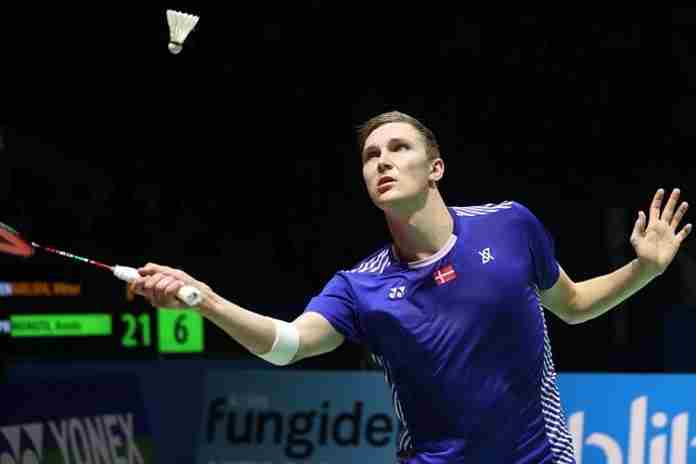

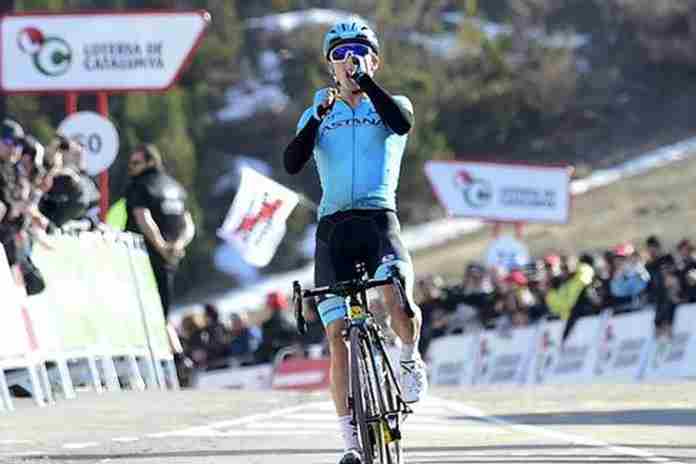
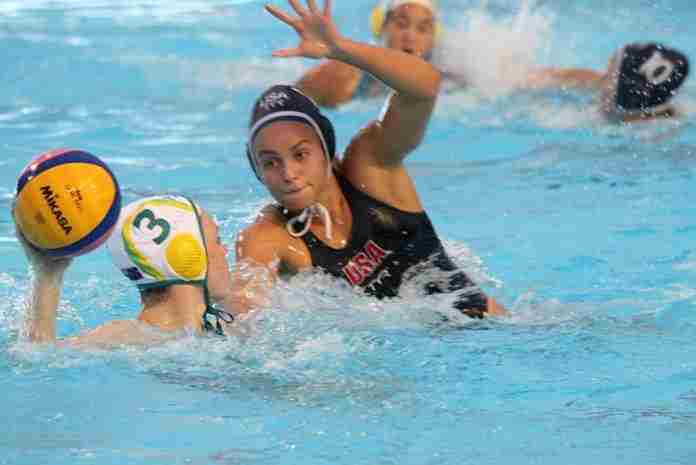
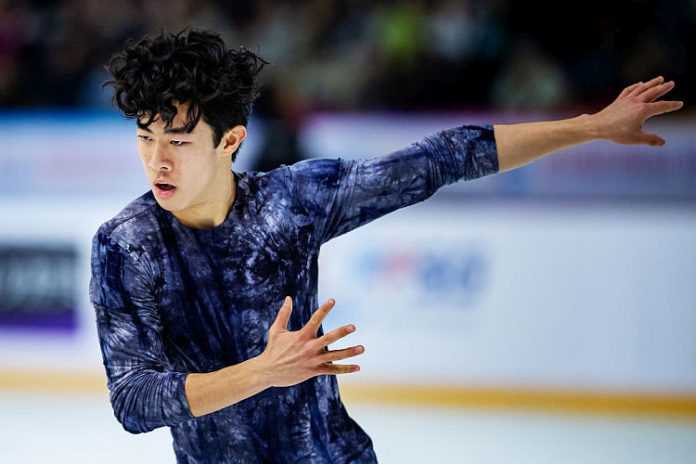
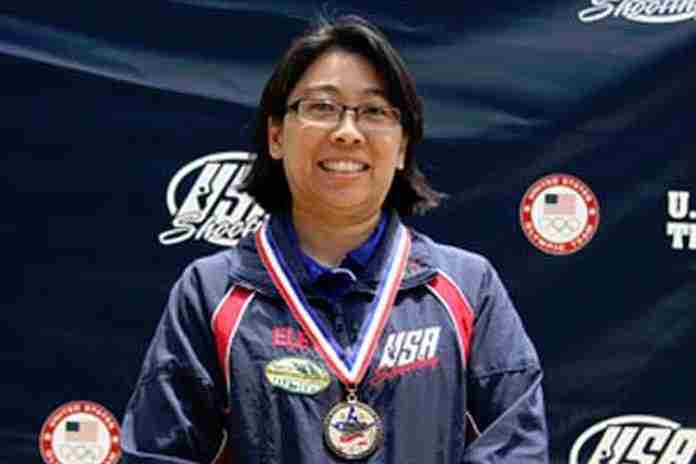
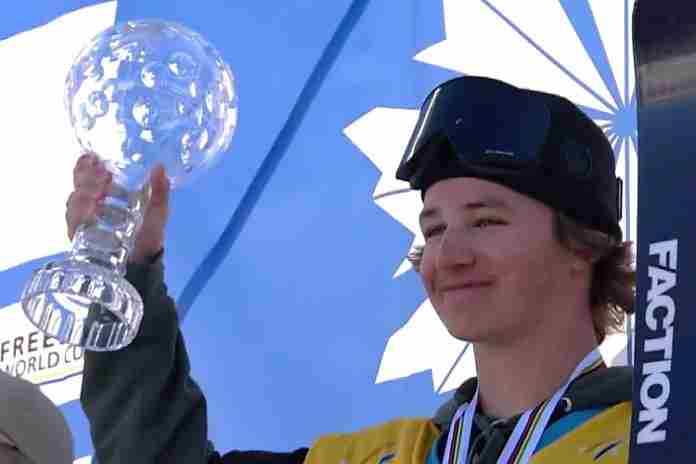
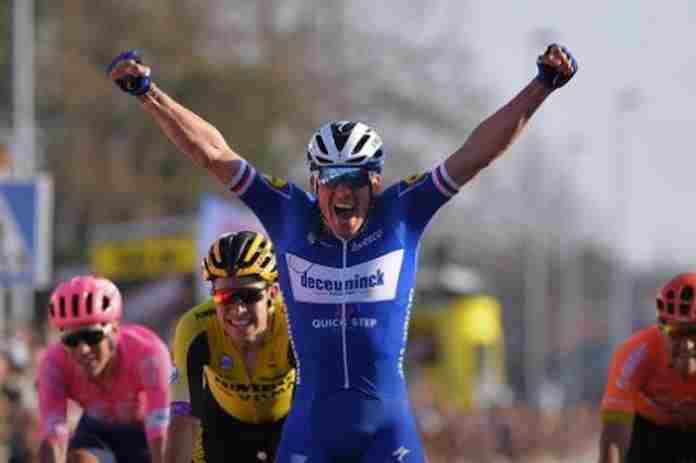
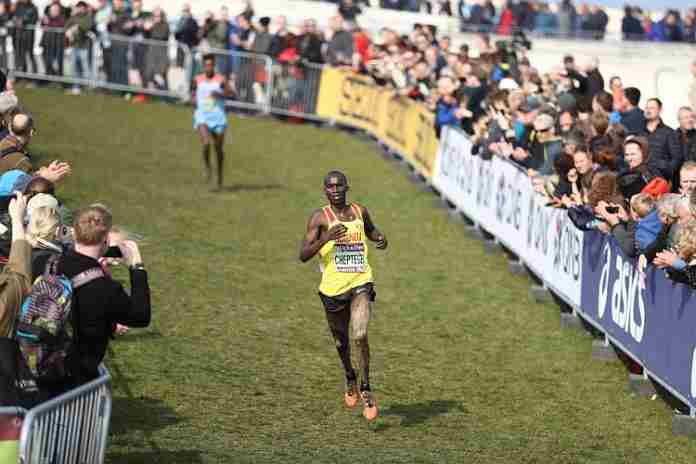
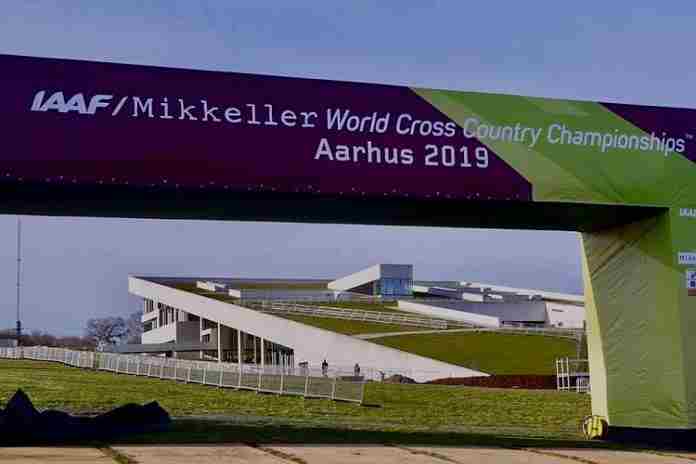

 As had been expected, the International Olympic Committee’s Executive Board took no action concerning the International Boxing Association (AIBA) on the final day of its meetings in Lausanne (SUI) on Thursday.
As had been expected, the International Olympic Committee’s Executive Board took no action concerning the International Boxing Association (AIBA) on the final day of its meetings in Lausanne (SUI) on Thursday.